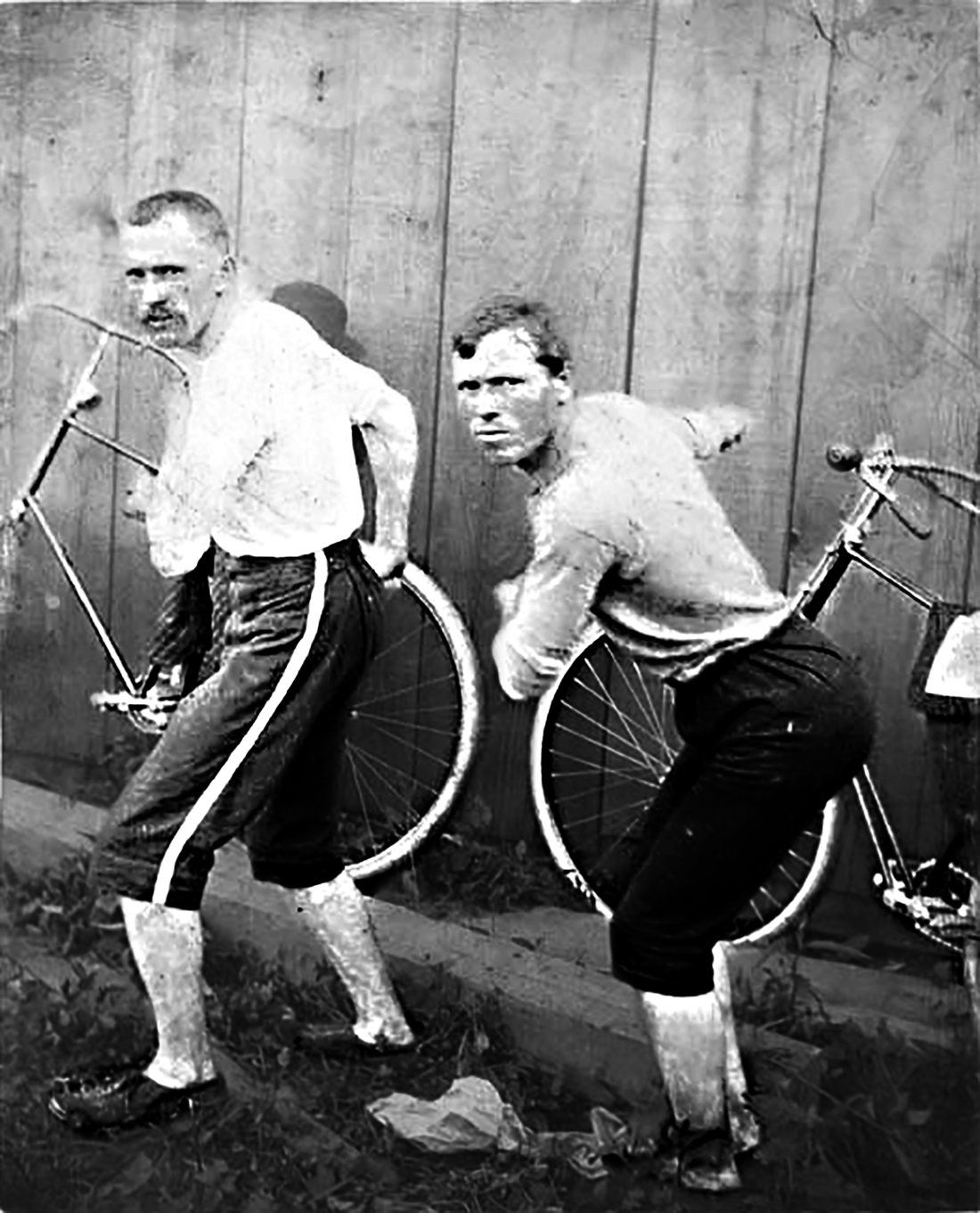In 1894, Labor Day was formally recognized as a federal holiday. Three years later, Asheville organized its first official celebration. “Twill be a big event,” declared The Asheville Daily Citizen on Aug. 24, 1897. Along with a parade, the planned festivities would feature a series of competitions, including bicycle runs, foot races and a game of tug of war. Gold medals, silk umbrellas and bicycle lamps were among the possible prizes.
When the day arrived, The Asheville Daily Citizen ran a four page spread dedicated to the holiday. Much of the focus fell on local union activity. According to the paper, there were “eight vigorous, active chartered unions [in the city] all moving steadily onward and forward.” Pooling their sources, the eight entities formed the Central Labor Union, an affiliate of the American Federation of Labor.
Among its key objectives, Central Labor advocated for a shorter, eight-hour workday. In a statement provided by the union, it declared the measure would create “increased leisure to the overtaxed workers [resulting in] millions of golden opportunities for lightening the burdens of the masses … [which would] make the homes more cheerful, the hearts of the people lighter, their hopes and aspirations nobler and broader.”
An editorial in the following day’s paper continued the pro-union push. “Men who work with their hands have but one product to sell — their labor,” the piece proclaimed. “Unless they organize they cannot dispose of this product at even a fair price.”
Further, the editorial argued, the presence of unions raised not only the standard of labor but also the standard of citizenship. “The fact that [unions] have a standard at all that is above the ordinary is in itself a good thing,” the article declared, “for it means a more or less constant striving toward the accomplishment of an ideal — something higher.”
Unfortunately, praise for the actual Labor Day events was far less enthusiastic. Held at Lookout Park (situated on Sunset Mountain), the site was unsatisfactory to many. “If the great Labor day show did nothing more it gave a forcible demonstration of the crying need of a local park, with a race track and all necessary adjuncts,” the Sept. 7, 1897, edition of The Asheville Daily Citizen observed.
In addition to being a “dreary and dusty” location, the paper bemoaned the lack of shade available at the venue:
“The 2000 sweltering people, a third of the number being ladies, were compelled to stand. A large number of the ladies, however, became too weary to stand and sat down anywhere in the dirty, parched grass, or leaned against the still dirtier embankment. The dust was stifling and the fitful gusts of wind which, under ordinary circumstances, would have been welcome, only conspired to increase the unpleasantness.”
In addition to the heat, the paper decried the long waits between activities. Many of the delays, however, appeared to be the fault of those in attendance. “The crowd persisted in getting in the way and no amount of persuasion could keep the roadway clear,” The Asheville Daily Citizen complained.
Despite these inconveniences, the paper did note some highlights, including a live performance by an Italian orchestra, “a bountiful dinner” (featuring ham sandwiches, cake, lemonade and watermelon), as well as a merry-go-round and a failed attempt at a hot air balloon ride.
Neither the setbacks nor the highlights truly mattered, though. At least not according to the paper’s editorial, which argued:
“A labor day calls attention to … features of the unions, and is therefore worth while if for no other reason; but if it did no more than to set one day aside in the year when the mechanic and his wife can have a holiday peculiarly their own and to be enjoyed after their own way and along lines giving them a happy relief from the exacting work of the daily trade, it would still be worth while. Let next labor day be an even greater success than the one just past.”
Editor’s note: Peculiarities of spelling and punctuation are preserved from the original documents.




Before you comment
The comments section is here to provide a platform for civil dialogue on the issues we face together as a local community. Xpress is committed to offering this platform for all voices, but when the tone of the discussion gets nasty or strays off topic, we believe many people choose not to participate. Xpress editors are determined to moderate comments to ensure a constructive interchange is maintained. All comments judged not to be in keeping with the spirit of civil discourse will be removed and repeat violators will be banned. See here for our terms of service. Thank you for being part of this effort to promote respectful discussion.